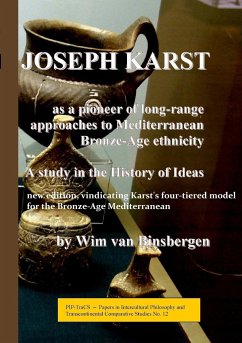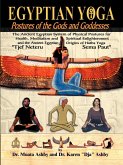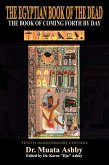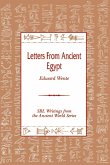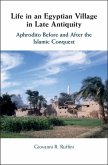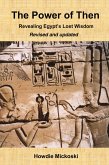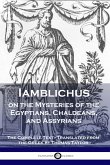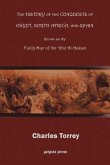Throughout the second half of the years 2000, Fred Woudhuizen and Wim van Binsbergen struggled to complete their voluminous, jointly authored book Ethnicity in Mediterranean Protohistory. Its principal aim was to make a critical and original contribution to the study of the Sea Peoples. Destroying the ¿atti / Hittite empire, and seriously damaging the Egyptian New Kingdom, the Sea Peoples dominated the scene of the Eastern Mediterranean by the end of the Bronze Age. That book appeared in 2011 as volume 2256 in the prestigious 'International Series' of British Archaeological Reports (BAR). To a greater extent and with more justification than could be argued then, Wim van Binsbergen's sections in that book were inspired by the (admittedly obscure, obsolete, and unsystematic) work of the French-German linguist / Armenologist Joseph Karst (1871-1962). Therefore, greatly expanded and reworked, with a new Introduction, a new Conclusion vindicating Karst's four-tiered model of Mediterranean linguistico-ethnic identity (as his sole lasting finding), an extensive Bibliography, and exhaustive Indexes of Proper Names and of Authors Cited, the present monograph offers such original chapters on Karst as were withdrawn from the proofs of Ethnicity in Mediterranean Protohistory. Painstakingly, and with the aid of many newly-drawn maps bringing out Karst's ideas however bizarre at times, this study reconstructs, and critically evaluates, Karst's general approach to ethnicity in the Ancient Mediterranean region. It particularly highlights Karst's significance for the study of the Sea Peoples and the Biblical Table of Nations (Genesis 10) - as two main puzzles in this field. As an exercise in the History of Ideas, this text is hoped to inspire, benefit, and amuse, Ancient Historians, Bible scholars, linguists, comparative mythologists, Mediterraneanists, classicists, students of ethnicity, and archaeologists. New edition, vindicating Karst's four-tiered model for the Bronze-Age Mediterranean
Hinweis: Dieser Artikel kann nur an eine deutsche Lieferadresse ausgeliefert werden.
Hinweis: Dieser Artikel kann nur an eine deutsche Lieferadresse ausgeliefert werden.

